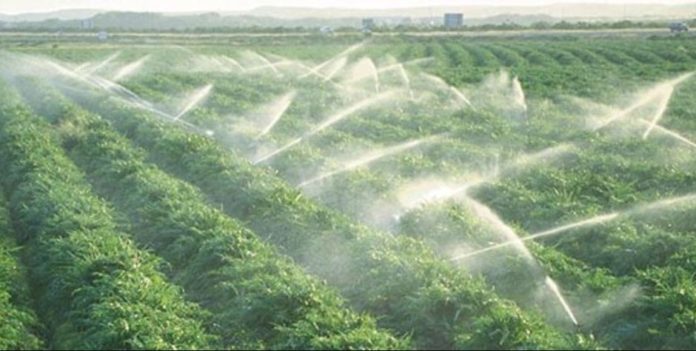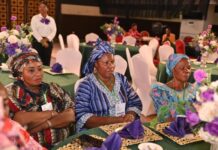Morocco’s Green Plan is on track to achieve its strategic sustainable agriculture goals 14 years after launching the plan. Rabat Morocco’s Head of Government, Aziz Akhannounch extolled the achievements.
“Since its launch in 2008 by His Majesty the King, Morocco’s Green Plan has constituted a real mechanism for economic and social development, in particular for the benefit of the different categories of farmers who form the bulk of the rural population,” said Akhannounch.
Morocco’s Green Plan aims to place the agriculture sector as the core driver of Moroccan economic growth. Its goals include investing in sustainable agricultural production, doubling the national GDP, creating 1.5 million jobs, and multiplying the value of exports of sectors where Morocco is competitive.
The plan was implemented by the Agricultural Development Agency, which is responsible for ensuring the development of a modern and solidary-driven Moroccan agriculture with a focus on high productivity and added value.
Morocco’s agricultural domestic product
Since the launch of the plan, Morocco’s agricultural domestic product has multiplied annually by 5.25% compared to 3.80% annual growth of other sectors. Between 2008 and 2018, the country’s agriculture sector doubled its wealth. By 2018, its worth creation was estimated at MAD 125 billion ($13.47 billion), according to Akhannouch.
In terms of GDP, the agriculture sector’s contribution to the national economic growth increased from 7.3% in the 1998-2008 period to 17.3% in the 2008-2018 period. In addition, the sector contributed with a percentage of 13% to both exports and GDP in 2019.
As for socio-economic impact, the plan allocated MAD 43 billion ($4.63 billion) of investments to support small and medium-sized farmers and implemented 989 projects with a MAD 14.5 billion ($1.56 billion) budget supporting more than 733,000 farmers in fragile areas.
Akhannouch stated that 190,000 small and medium-sized farmers have to date benefited from the hydro-agricultural development programs while 342,000 people have benefited from new job opportunities. The created jobs enabled the increase of working days per year of each worker by 30 days per year.
As over 72% of the rural population work in the agricultural sector, increasing work hours and job opportunities is essential to raising farmers’ incomes and fighting against rural poverty. The news comes as Morocco’s economy continues to show resilience and encourage post-COVID recovery prospects despite the far-reaching socio-economic consequences of the pandemic.
Amid the COVID-19 crisis, “Morocco’s real GDP growth is projected to rebound to 5.3% in 2021, sustained on by the extraordinary performance of the agricultural sector,” the World Bank said in a report in October 2021.







